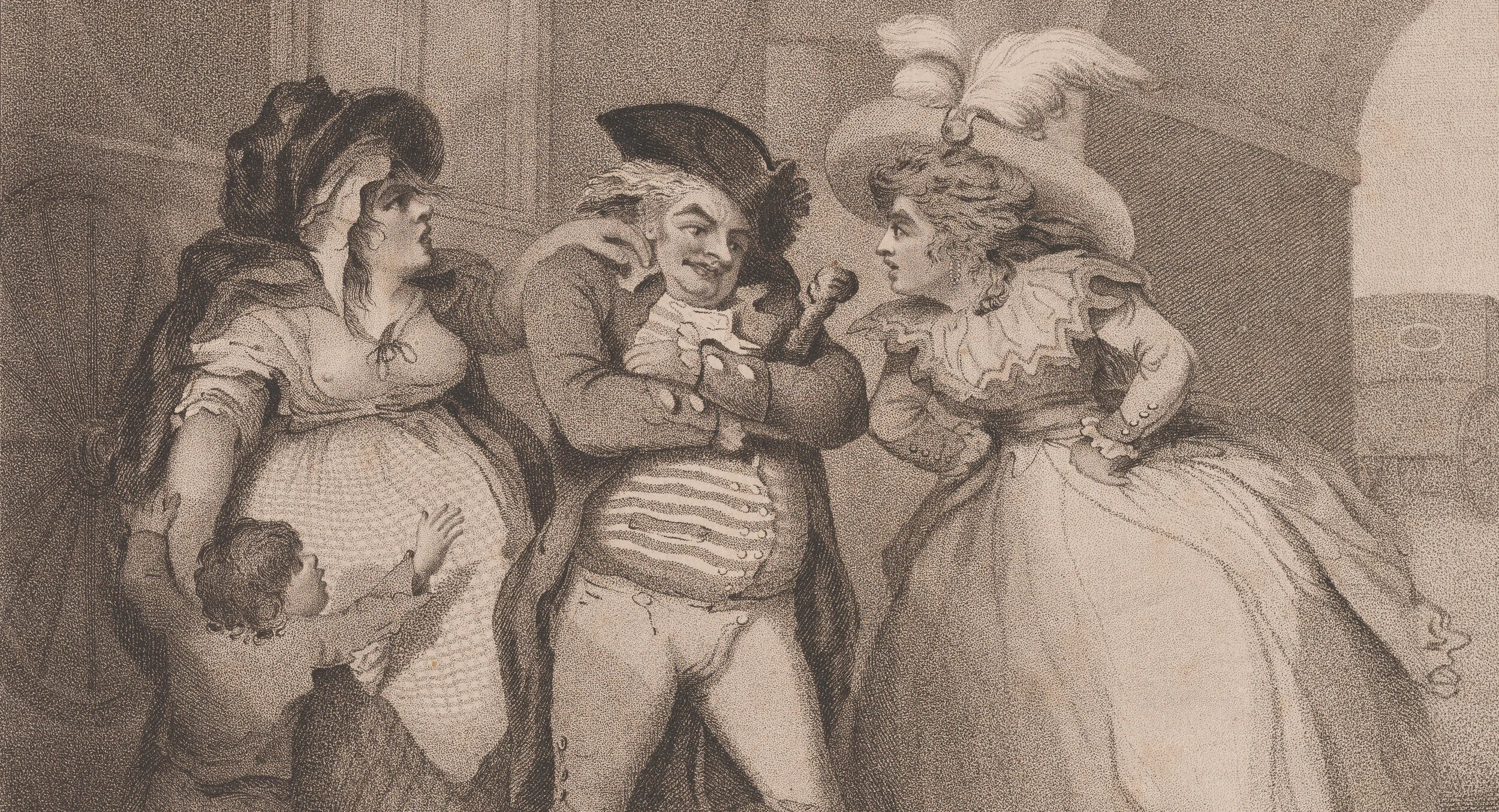Author: David Wilber
As Christians around the world are embracing the roots of their faith and returning to what the Bible says about many practical issues, a very relevant question is often asked: Should men shave their beards?
Some might consider this to be a silly question to begin with. Why on earth would God care whether we shave? The fact of the matter is that there are actual commandments in the Bible concerning beards. If God makes something a commandment, it’s reasonable to suggest that He cares about the topic. Shouldn’t we as Christians care about the things that are important to God? Of course! So with that in mind, this question is certainly worth looking into to see how these commands might apply to us today.
Let’s take a look at the two scriptures in the Torah (Law) where these beard commandments are found:
You shall not round off the hair on your temples or mar the edges of your beard. (Leviticus 19:27)
They shall not make bald patches on their heads, nor shave off the edges of their beards, nor make any cuts on their body. (Leviticus 21:5)
A cursory review of these verses, with no consideration for their context, seems pretty clear that God does not want men to shave their beards. For some, this is an open-and-shut case. In fact, some Bible-believers will say that it is a sin, based on the verses above, to be clean-shaven. However, I submit that there is something more to be considered here. Let’s take a closer look and find out:
And The Lord said to Moses, “Speak to the priests, the sons of Aaron, and say to them…” (Leviticus 21:1)
When studying and applying Torah, it is important to understand that not all laws apply to all of God’s people. The Torah has plenty of general commandments for everyone who is considered a child of God (e.g. the Sabbath), but it is also full of specific instructions for specific people and situations. For instance, certain laws apply only to women, men, children, farmers, judges, etc. In this case, it seems like this commandment is specifically given to the sons of Aaron. Not all of us are sons of Aaron; therefore, this verse cannot be used to say that men in general shouldn’t shave.
What about Leviticus 19:27? This one is definitely a commandment that applies to everyone, not just priests. However, this verse is not restricting men from shaving their beards in the way often inferred. To flesh this out a little further, here are three points worthy of consideration.
1) There are instances in Scripture where God's people shaved.
Genesis 41:14 shows that Joseph shaved before coming before Pharaoh. There is no evidence that Joseph was forced to shave against His will and no indication in this passage that he did anything wrong.
2) God commands His people to shave in some cases.
The Torah has shaving instructions that apply to matters of skin disease and cleanliness. In fact, God specifically instructs His people to shave as part of the cleansing process for those infected with leprosy (Leviticus 13:33). When a man ends his Nazarite vow, he is instructed to shave (Numbers 6:18). Furthermore, the process for cleansing the Levities required them to shave their entire body (Numbers 8:7). If simply removing hair is a sin, why does God command His people to do it?
3) The context of Leviticus 19:27 indicates that there is more to this command than merely removing hair.
The word for "mar" in Leviticus 19:27 is the Hebrew word shachath, which means "to destroy, corrupt, decay." The Hebrew word typically used to mean "shave," as in removing hair, is galach. If Leviticus 19:27 is supposed to be a general commandment against shaving, the Hebrew Word galach (shave, make bald) would likely have been used instead. The fact that the word shachath is used seems to suggest that there is something more to this commandment. In fact, the very next verse gives us a clue to what exactly this Scripture is teaching us:
You shall not make any cuts on your body for the dead or tattoo yourselves: I am The Lord. (Leviticus 19:28)
Judging from the context, it seems that this commandment is about not participating in the pagan mourning rituals of Israel’s neighbors. The parallel passage in Deuteronomy further substantiates this idea:
You are the children of the Lord your God. Do not cut yourselves or shave the front of your heads for the dead. (Deuteronomy 14:1)
During these mourning rituals, the pagans would mar (shachath) the edges of their beards while cutting and tattooing themselves. So this commandment isn't referring to shaving your beard the way Joseph shaved in Genesis 41:14 or how Nazarites are instructed to shave—as in, simply removing hair from one’s face. Rather, it's referring to how the pagans would cut and scar their foreheads and face and tattoo themselves in their pagan rituals. In other words, God is saying, “You’ve seen the pagans do these things. Don’t participate in their rituals.”
Messianic Theologian Tim Hegg comments on this topic in his commentary on Leviticus 19:
That rounding the edge of the scalp and destroying the edge of the beard is included in this section shows that such a practice was connected with sorcery. It is in this connection that it is prohibited. The pagans would scar the forehead and the sides of the scalp in their pagan rituals.
In the Cultural Backgrounds Study Bible, Dr. John Walton gives us some additional insight:
Lacerating oneself in mourning was a heightened expression of sorrow (Jer 16: 6; 41: 5). In the Ugaritic Baal Cycle, when the chief god Ilu (El) learns that Balu (Baal) is dead, he goes into paroxysms of grief that emphasize the magnitude of the catastrophe: "He pours dirt of mourning on his head, dust of humiliation on his cranium, for clothing, he is covered with a girded garment. With a stone he scratches incisions on (his) skin, with a razor he cuts cheeks and chin. He harrows his upper arms, plows (his) chest like a garden, harrows (his) back like a (garden in a) valley." In the Aqhat Legend professional mourners cut or possibly bruise their skin. An Akkadian text from Ugarit describes persons who lacerate themselves on behalf of a dying righteous person.
To summarize, Leviticus 19:27 is not a general commandment against shaving. The context suggests that these are specific pagan mourning practices of mutilation that God is prohibiting. And even if the word shachath in Leviticus 19:27 is referring to shaving as merely removing hair from one's face, it is prohibited only as an act of mourning. Thus, shaving not as an act of mourning would be permitted. Indeed, if God thought that it was a sin to shave your beard in general, He wouldn’t have given clear commandments to shave in the instances addressed above.
That being said, it is certainly not a sin to shave your beard. However (and this is a big however), why would you want to? Beards are awesome.
About David Wilber
David is first and foremost a passionate follower of Yeshua the Messiah. He is also a writer, speaker, and teacher.
In addition to his book, A Christian Guide to the Biblical Feasts, David has written several theological and devotional articles available on various Messianic and Christian websites...
































